According to the schedule of the Hanoi Department of Education and Training, after knowing the exam scores and grade 10 high school admission scores, from July 10-12, candidates will confirm their enrollment online and in person.
High schools have developed subject combinations and organized consultation days for parents and students to choose subject combinations before making decisions.
According to the 2018 General Education Program, at high school level, each student will study 8 compulsory subjects and 4 optional subjects. When taking the High School Graduation Exam, in addition to Math and Literature, students will choose 2 subjects to take and make a combination for university admission.
According to the 2018 General Education Program, at high school level each student will study 8 compulsory subjects and 4 elective subjects.
8 compulsory subjects include: Literature, Math, Foreign Language 1, History, PhysicalEducation , National Defense and Security Education, Experiential Activities - Career Guidance, Local Education Content.
In addition, students will have to choose 4/9 subjects from: Physics, Chemistry, Biology, Technology, Information Technology, Music, Fine Arts, Geography, Economic and Legal Education.
 |
The difference when studying the 2018 General Education Program at high school level is that students can choose their subjects. (Photo: Nhu Y) |
After 3 years of high school, students will take the High School Graduation Exam with 4 subjects, including Math and Literature as compulsory subjects and 2 elective subjects to form combinations to get scores for university admission.
Hard to change if you choose wrong
With the new program, from grade 10, students will start choosing a number of elective subjects to study until grade 12 and it is very difficult to change during the learning process. Therefore, teachers advise students not to consider this as just a subject choice but as the first step in shaping career orientation, university admission, and choosing a future career.
Although it has been implemented for 3 years in high school, the 12th grade students last year was the first year of implementing the new program, so there were many confusions. Many students randomly chose the Natural Science or Social Science combination, and then had difficulty changing the combination. Because when changing the combination, students have to change classes and study by themselves, ensuring that they have the knowledge of the subjects that they missed during the time they missed.
When dividing the combination by subject, in theory, students will have 126 ways to choose, but in reality, high schools are basing their combination on the existing facilities and teaching staff.
Most schools only have about 5-8 subject combinations, mainly divided into two groups of natural and social sciences for students to choose from. Many schools lack or even have no teachers for some new subjects such as Music and Fine Arts, so even if students want them, there are no subject combinations to choose from.
Mr. Nguyen Trung Tin, Principal of Thang Long High School (Hanoi), said that in order to help parents with children entering grade 10 understand the new education program, the school has created a subject combination and posted it on the website. In addition, during the days when parents and students complete admission procedures, the school sets up consultation desks to answer questions and resolve problems for those who are still wondering.
In the 2025-2026 school year, Thang Long High School is expected to have 6-8 Natural Science classes and 5-6 Social Science classes.
According to Mr. Tin, advising parents and students on choosing subjects at high school level according to the 2018 General Education Program is closely linked to the students’ abilities and future career orientation. Therefore, parents are advised to research carefully before making a decision.
"Thanks to good counseling right from when students are preparing to enter grade 10, in recent years, no student at the school has wanted to change subject combinations," said Mr. Tin.
Encourage students not to 'avoid' difficult subjects
Before parents confirm enrollment, Viet Duc High School (Hanoi) invites parents to the school to hear an introduction to the teaching model as well as instructions on how to choose a subject combination. Next school year, the school will create 8 subject combinations for students to choose from.
Ms. Nguyen Boi Quynh, Principal of Viet Duc High School, said that in previous years, students were hesitant and even avoided Natural Science subjects because they were difficult to study, choosing Social Science because it was easier to study and "score" points. However, that was just a temporary thought because they had not yet calculated their future careers that would use the subject combination to apply for university admission.
When consulting, teachers often advise students that if they have the ability and thinking about natural sciences, they should boldly choose a combination with related subjects such as Physics, Chemistry, Biology. These subjects can be combined with Literature, Math, Foreign Languages to create quite popular university entrance exam combinations such as: A01 (Math, Physics, English), B08 (Math, Biology, English), D07 (Math, Chemistry, English)...
Golden rule when choosing combination
Mr. Vu Khac Ngoc, a Chemistry teacher in Hanoi, said that choosing the wrong combination can make students lose interest in studying; have difficulty in university admission; and lose direction in choosing a career when preparing for the High School Graduation Exam.
Therefore, students must set up a process to choose a subject combination instead of choosing according to trends or friends. They need to have a scientific process and clear direction.
First, you need to understand your own abilities, what subjects you like to study, and whether those subjects really interest you or not? Ability is demonstrated in your self-confidence as well as your grades and teachers' comments during the learning process.
"Note, understanding yourself does not mean "choosing whatever you like", but combining passion - ability - personality to suit the job", Mr. Ngoc emphasized.
Step 2 is that students need to immediately find out about suitable career groups. Although it is early, but related to output orientation, once you have determined what subjects you are outstanding in and what you like, you need to connect with suitable career groups.
According to Mr. Ngoc, before choosing a subject group, what students should do is go to the university website, "Admissions" section to see career descriptions on consulting and recruitment pages, and search for information about careers.
Find out which universities are using the admission combinations you intend to choose, from there you can choose the right subject combination.
Once you have enough information about yourself – your major – the school you are applying to, it is time to make the final decision on your subject combination. The golden rule is that you choose a combination that is a cross between your good subjects and subjects that appear frequently in the admission combinations, subjects that help you develop your future career skills.
Absolutely, do not choose "easy to get points" subjects if they do not serve the admission to the desired major or choose according to you because career orientation is personalized.
“Choosing a subject combination is a strategic decision, opening the way for a long-term career path. Students should spend time seriously investing, researching deeply, discussing with teachers, parents, people in the industry… before deciding,” Mr. Vu Khac Ngoc advised.
Source: https://tienphong.vn/chon-to-hop-mon-hoc-cu-dat-cuoc-lon-dau-doi-cua-hoc-sinh-lop-10-post1759335.tpo




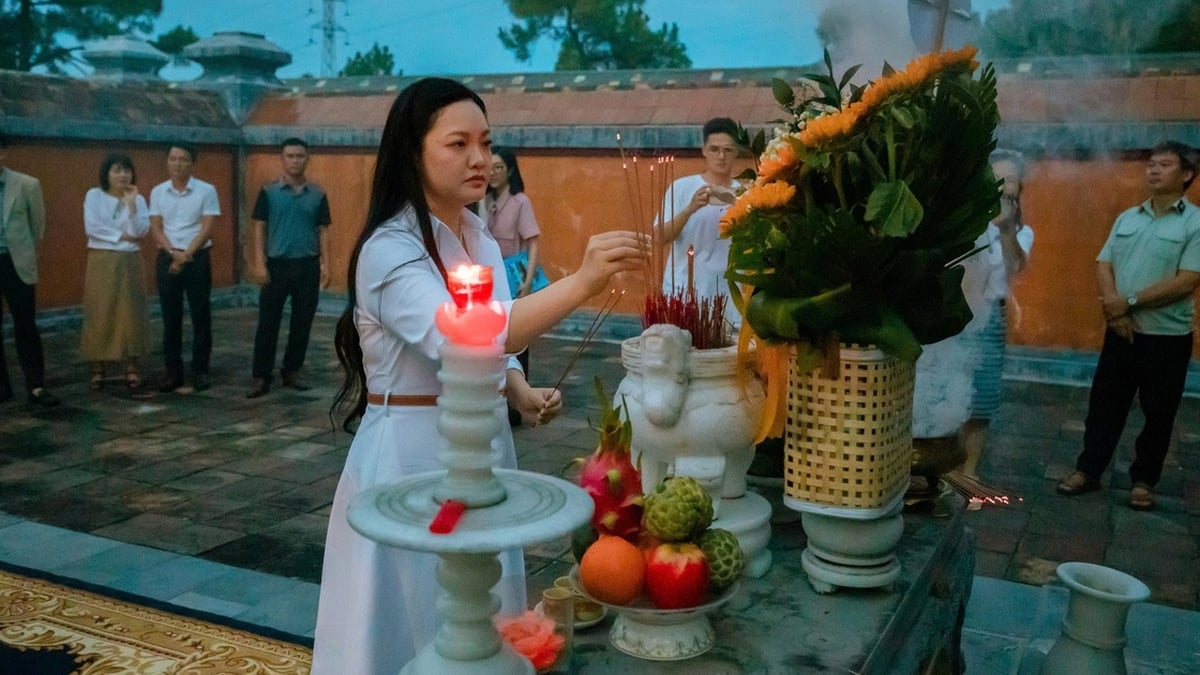

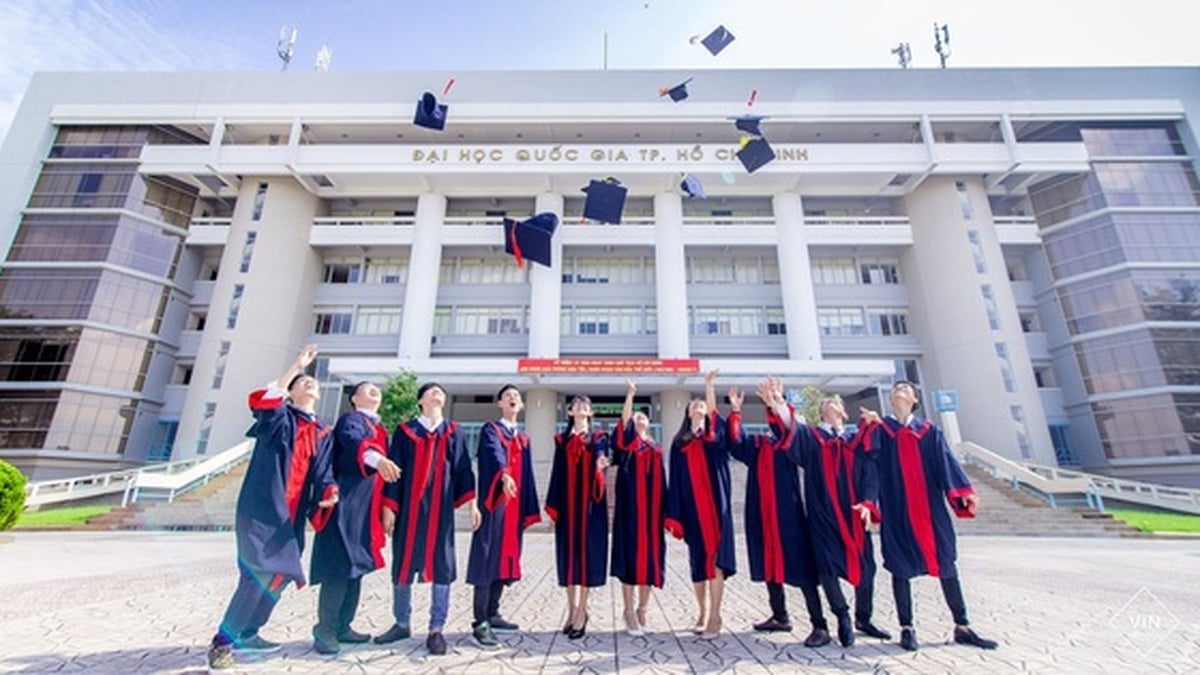




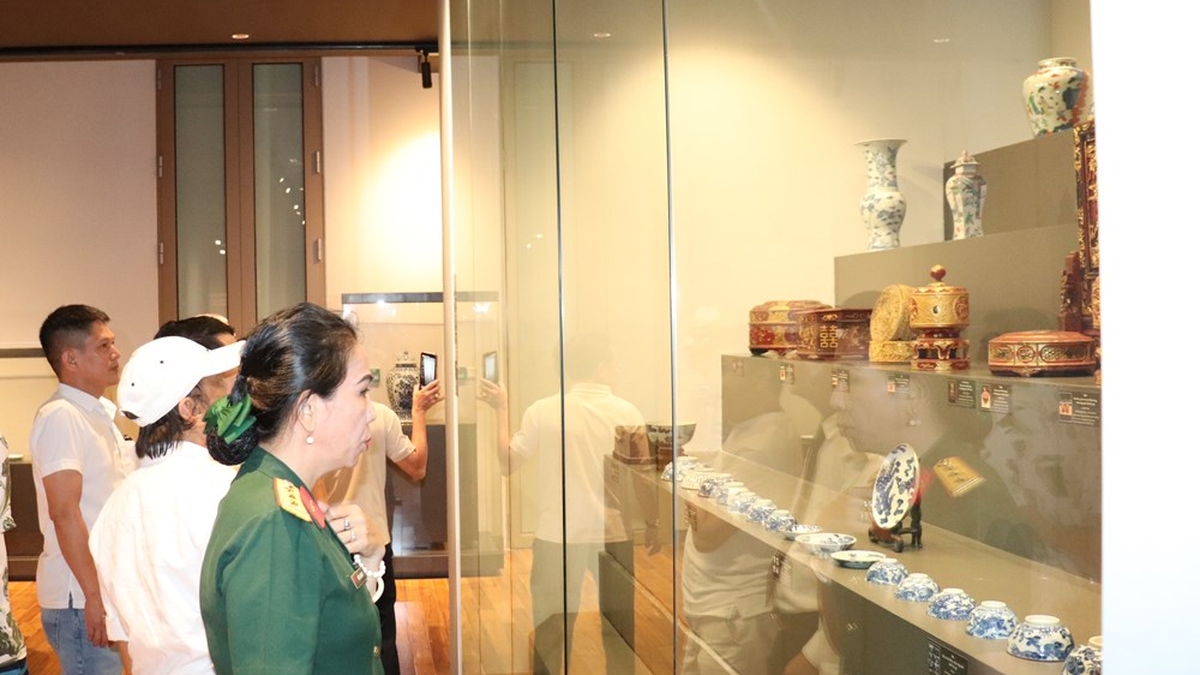










![[Photo] Gia Lai provincial leaders offer flowers at Uncle Ho's Monument with the ethnic groups of the Central Highlands](https://vphoto.vietnam.vn/thumb/1200x675/vietnam/resource/IMAGE/2025/7/9/196438801da24b3cb6158d0501984818)













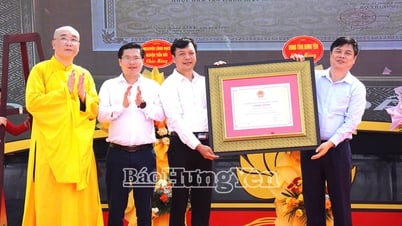








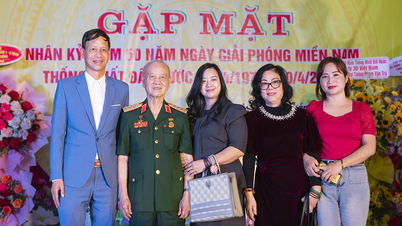

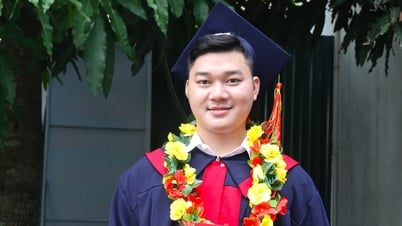


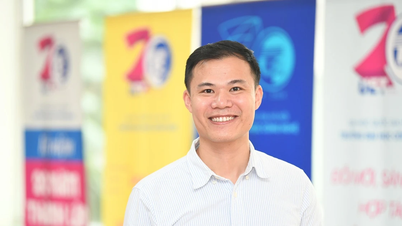








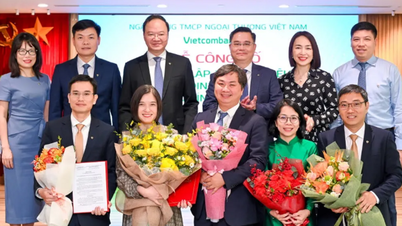







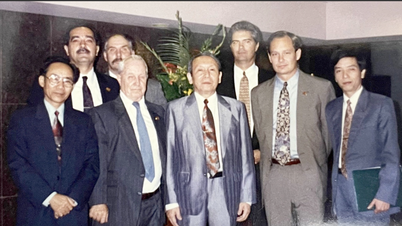








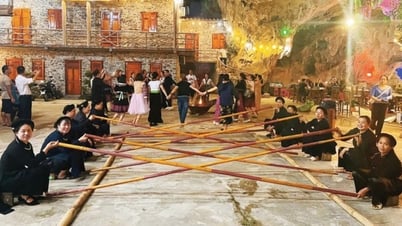























Comment (0)